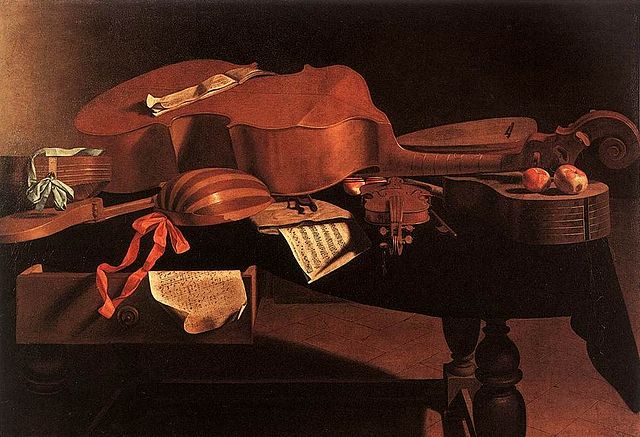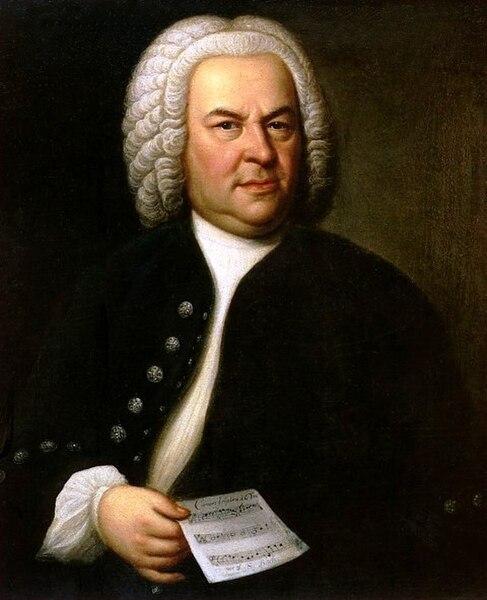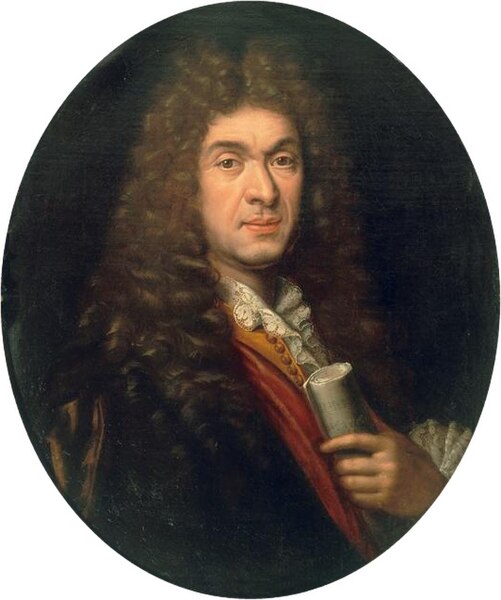Gottfried Heinrich Stölzel
Gottfried Heinrich Stölzel was a German composer of the Baroque era.
Stölzel composed Die Freuden-Ernde for the 48th birthday of Magdalena Augusta, the wife of his employer Duke Frederick II, (Gotha, 23 October 1727)
Early 18th-century manuscript copy of the "Traversa" part of Melchior Hoffmann's 1707 Magnificat in A minor (BWV Anh. 21, formerly attributed to Bach): this copy was likely written by a young Stölzel.
Sondershausen Palace and Market Square
Gotha, with Schloss Friedenstein, c. 1730
Baroque music refers to the period or dominant style of Western classical music composed from about 1600 to 1750. The Baroque style followed the Renaissance period, and was followed in turn by the Classical period after a short transition. The Baroque period is divided into three major phases: early, middle, and late. Overlapping in time, they are conventionally dated from 1580 to 1650, from 1630 to 1700, and from 1680 to 1750. Baroque music forms a major portion of the "classical music" canon, and is widely studied, performed, and listened to. The term "baroque" comes from the Portuguese word barroco, meaning "misshapen pearl". The works of George Frideric Handel and Johann Sebastian Bach are considered the pinnacle of the Baroque period. Other key composers of the Baroque era include Claudio Monteverdi, Domenico Scarlatti, Alessandro Scarlatti, Alessandro Stradella, Tomaso Albinoni, Johann Pachelbel, Henry Purcell, Antonio Vivaldi, Georg Philipp Telemann, Jean-Baptiste Lully, Jean-Philippe Rameau, Marc-Antoine Charpentier, Arcangelo Corelli, François Couperin, Johann Hermann Schein, Heinrich Schütz, Samuel Scheidt, Dieterich Buxtehude, Gaspar Sanz, José de Nebra, Antonio Soler, Carlos Seixas and others.

Painting by Evaristo Baschenis of Baroque instruments, including a cittern, viola da gamba, violin, and two lutes
Johann Sebastian Bach, 1748
Claudio Monteverdi in 1640
Jean-Baptiste Lully by Paul Mignard








